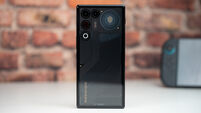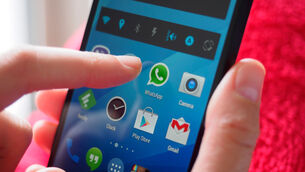Limiting the usage of gadgets for kids on holidays

WHEN I was a child, going on holiday was a treat in itself. Sure the journey may have been long and the endless games of ‘eye spy’ a tad irritating, but we were away from home, often by the sea and if we were really lucky, even in another country.
But this sort of excitement doesn’t seem enough for today’s children as most need to be armed with every sort of electronic gadget for them to be able to endure the plane ride and the hours spent in their parent’s company by the pool or, worse still, in the middle of the countryside.














